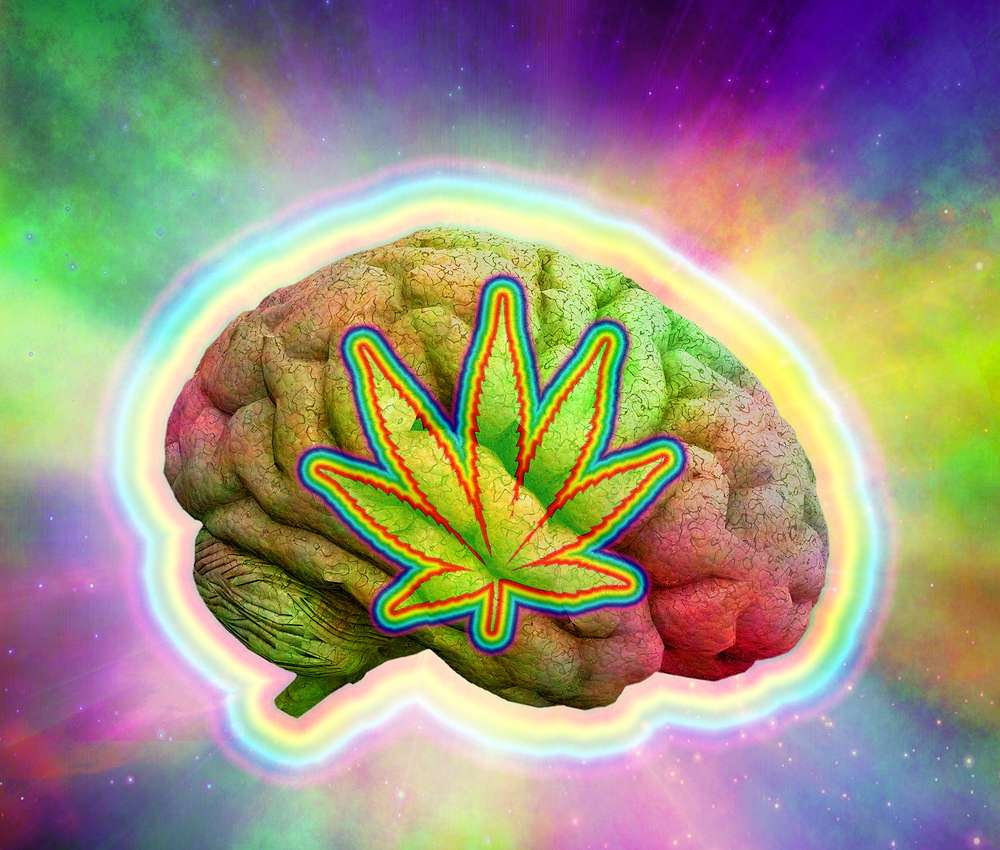CBD-dominant whole-plant cannabis extracts can safely and significantly improve outcomes for children diagnosed with autism spectrum disorder (ASD), according to a new study published in the Molecular Autism journal.
A team of researchers from three leading child development centers in Israel partnered up with the NYU Grossman School of Medicine to conduct a new trial on cannabis and autism. The study authors recruited 150 children aged between 5 and 21 years who had previously been diagnosed with ASD. Over the course of 3 months, each patient was alternately given one of two cannabis extracts or a placebo. Researchers then rated each subject’s symptoms using standard clinical assessments.
For the study, researchers used two different cannabis extracts prepared with a 20:1 ratio of CBD to THC. One of these extracts was derived from whole-plant cannabis, while the other used isolated, pure CBD and THC. Researchers discovered that the whole-plant extract yielded the most promising results, improving disruptive behavior by 49 percent, compared to 21 percent for subjects who received the placebo.
Cannabis extracts were also linked to a significant improvement in social responsiveness. When taking the whole-plant extract, subjects rated an average of 14.9 points higher on the Social Responsiveness Scale, a standard assessment used to rate ASD patients. The study also reports that the extracts did not cause “treatment-related serious adverse events” in any of the children.
The results of this trial are especially promising given that there is no existing medication that can treat the core symptoms of ASD. The US Food and Drug Administration has approved the antipsychotic medications risperidone and aripiprazole to treat ASD-related irritability, but the study authors note that these drugs “often cause obesity and metabolic syndrome.”
“In this study, we have demonstrated for the first time in a placebo-controlled trial that cannabinoid treatment has the potential to decrease disruptive behaviors associated with ASD, with acceptable tolerability,” the researchers concluded. “This is specifically important for the many individuals with ASD who are overweight, as cannabinoid treatment was associated with net weight-loss… in contrast to the substantial weight gain usually produced by antipsychotics.”
Lead author Adi Aran, a pediatric neurologist at the Shaare Zedek Medical Center in Jerusalem, has been researching cannabis and ASD for years. In 2017, Aran and his research team began this study based on the strength of previous observational studies and positive anecdotal reports. Previous studies on animal models have also discovered a possible link between ASD and dysfunctions in the endocannabinoid system.
The present study was created as a proof-of-concept trial, designed to discover whether the investigation of cannabis as a treatment for autism warrants further research. Although the study authors concluded that the “evidence for efficacy of these interventions are mixed and insufficient,” the results are promising enough that the authors believe that “further testing of cannabinoids in ASD is recommended.”











